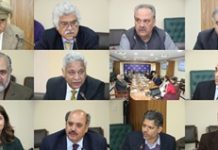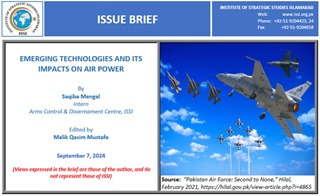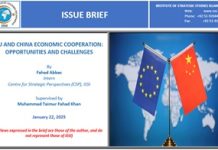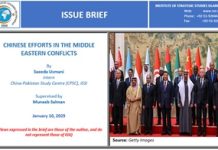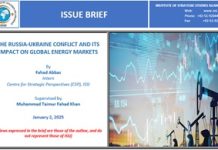Introduction
Airpower is the ability to project military power or influence through the control of air and space to achieve political, strategic, operational, or tactical objectives.[1] Since its inception, the world, in general, has indisputably used air power as the primary means of employing the military instrument of national power. Most conventional military actions since 1991 have either begun with or been largely covered with air power campaigns — at least from the perspective of friendly forces.[2] In modern warfare, air power remains highly effective. The Russia-Ukraine and Israel-Palestine conflicts are current examples where the air forces of Ukraine, Russia, and Israel have played vital roles in their respective wars.
Emerging technologies, such as Artificial Intelligence (AI), Unmanned Aerial Vehicles (UAVs), hypersonic weapons, cyber warfare tools, and Directed Energy Weapons (DEWs) revolutionized air power. This revolution in warfare was predicted by Sir Richard Barrons, former commander of Joint Forces (UK).[3] Air power plays a key role in shaping global politics and pursuing national interests. In this regard, the Pakistan Air Force (PAF) has adopted these emerging technologies and initiated the modernization of its fleet and capabilities. PAF is committed to maintaining air superiority and ensuring national security. Efforts are underway to incorporate advanced UAVs and AI-driven systems. Meanwhile, PAF still requires DEWs for a broader strategy to enhance combat readiness and technological superiority and maintain the balance of power at the regional level, especially vis-à-vis India.






